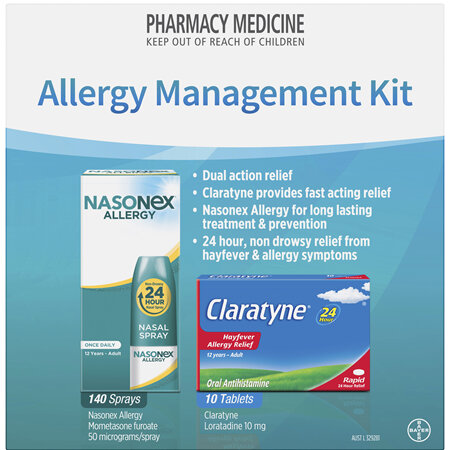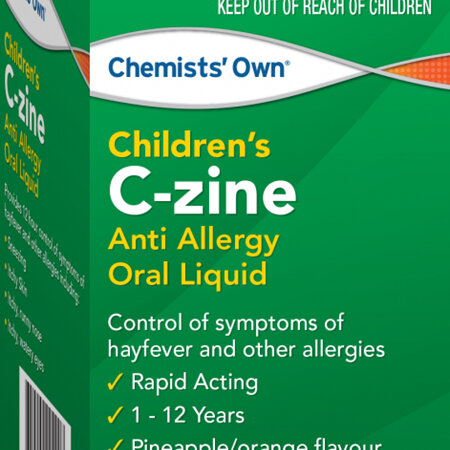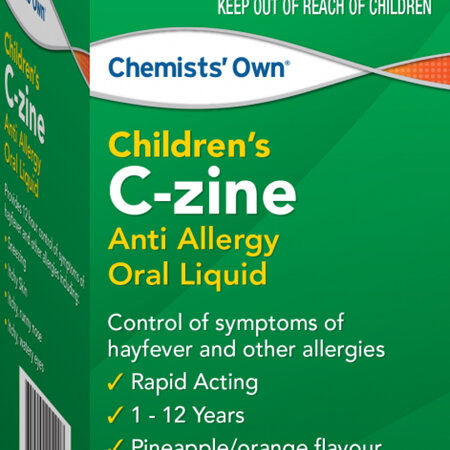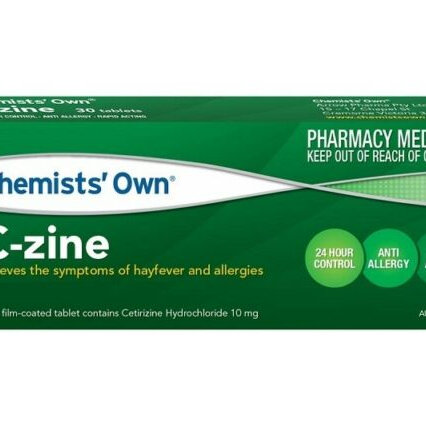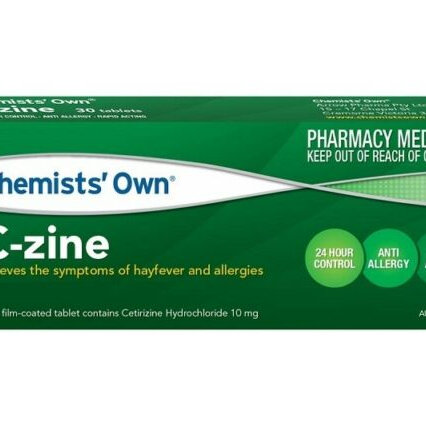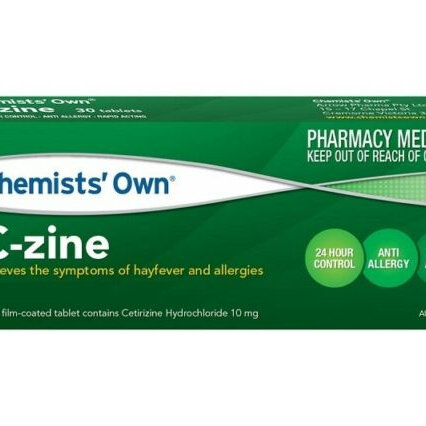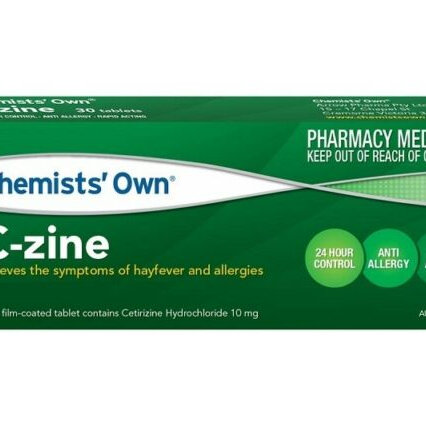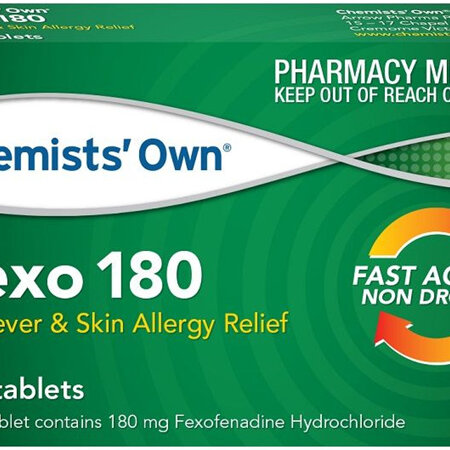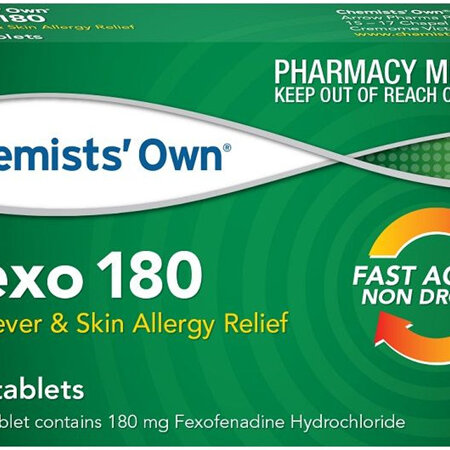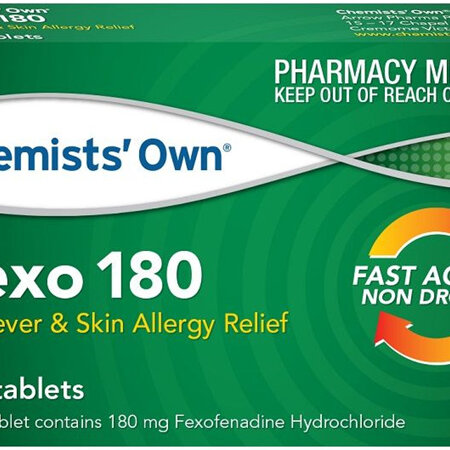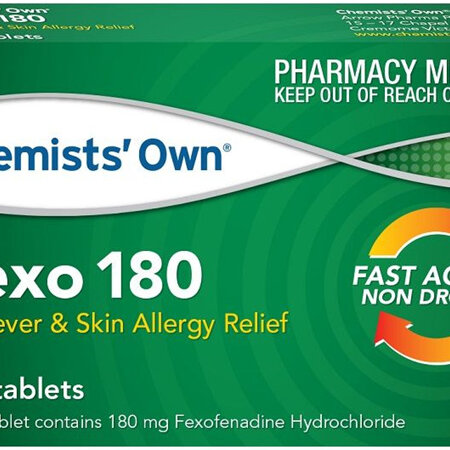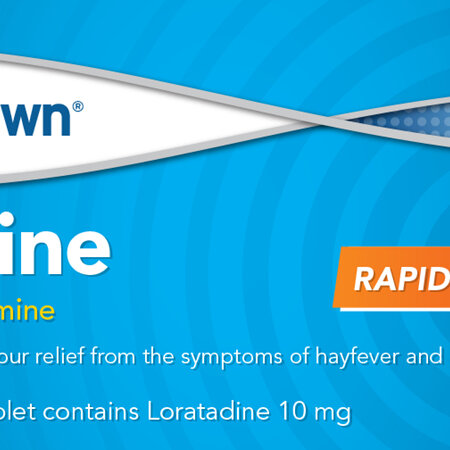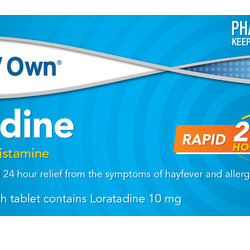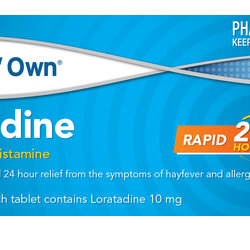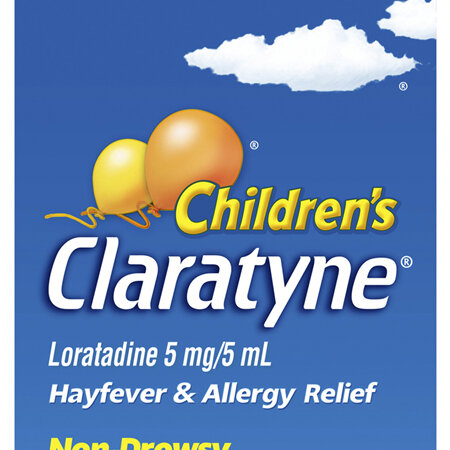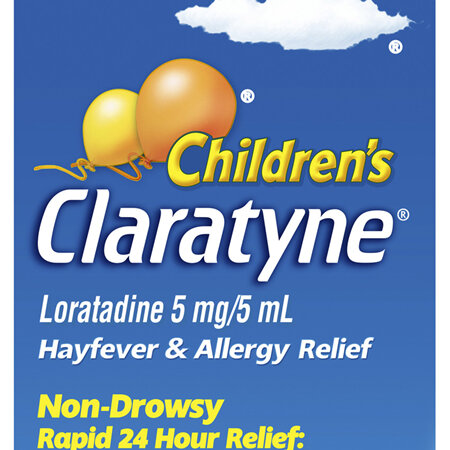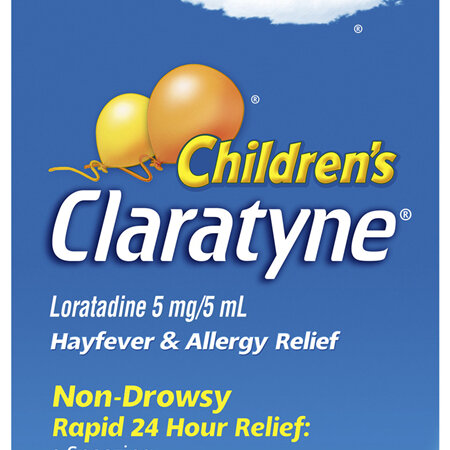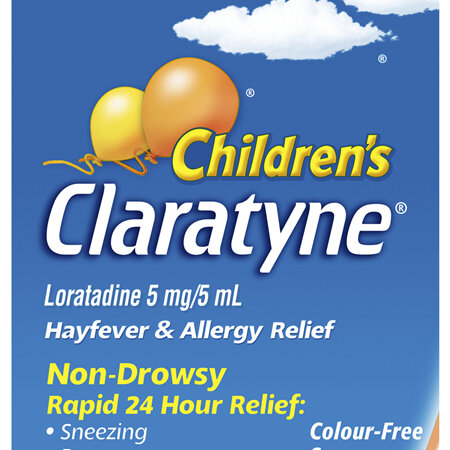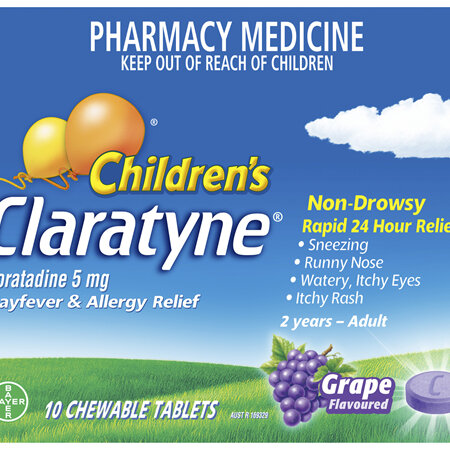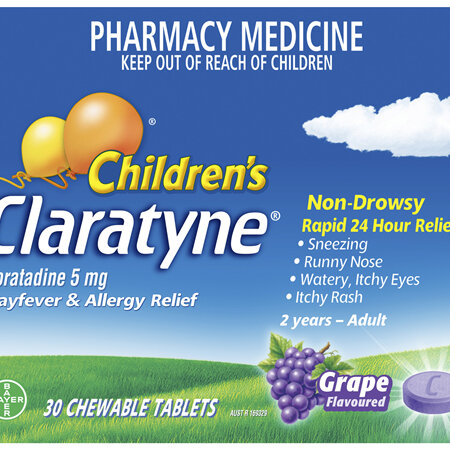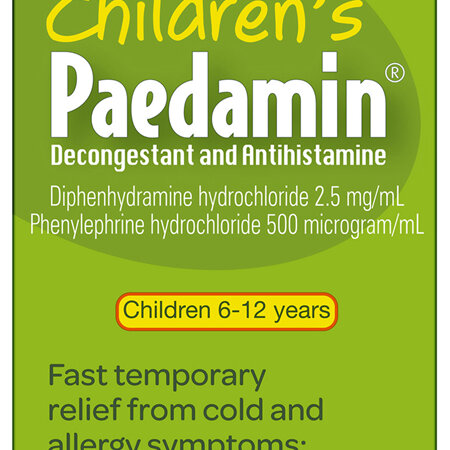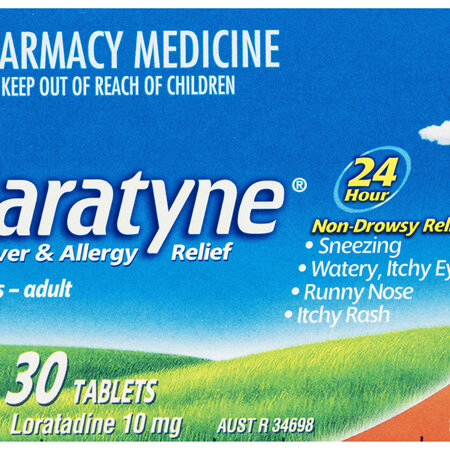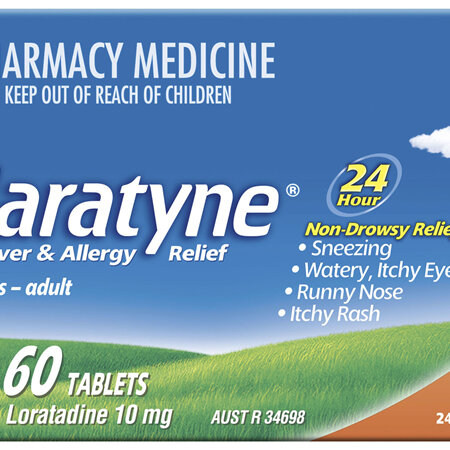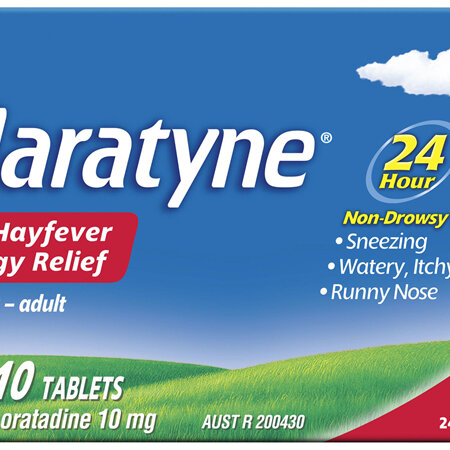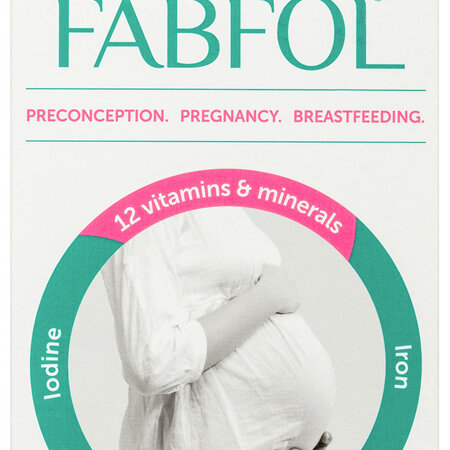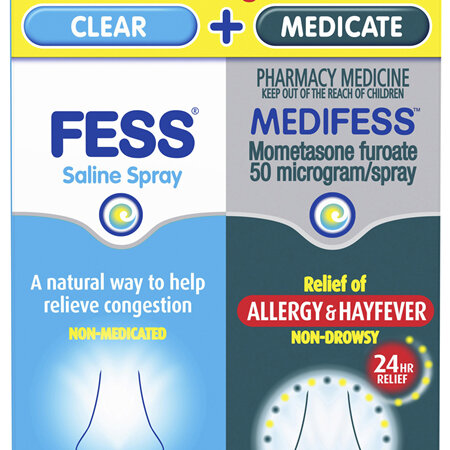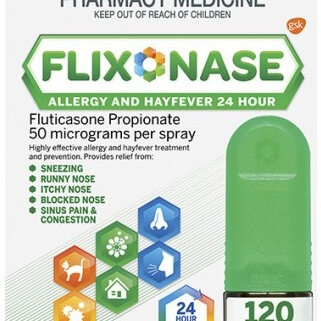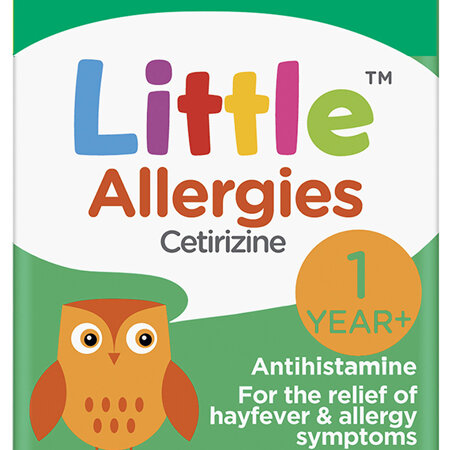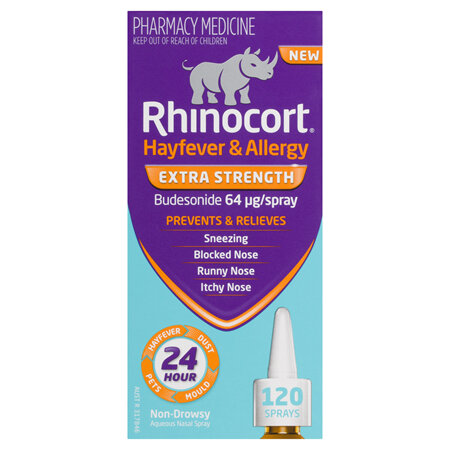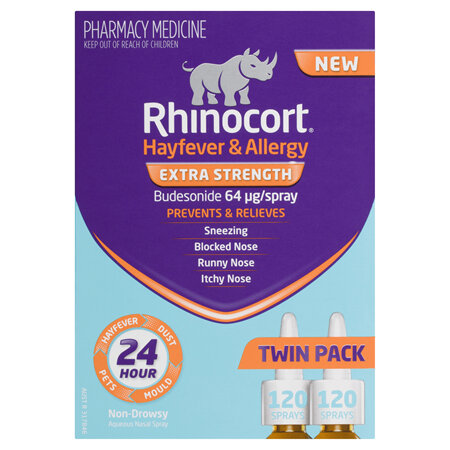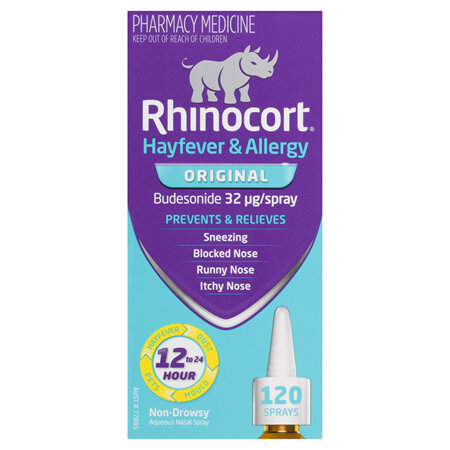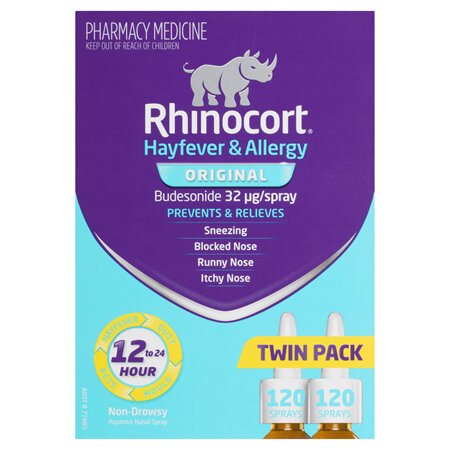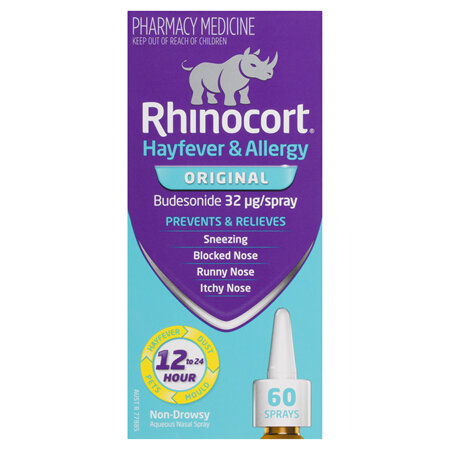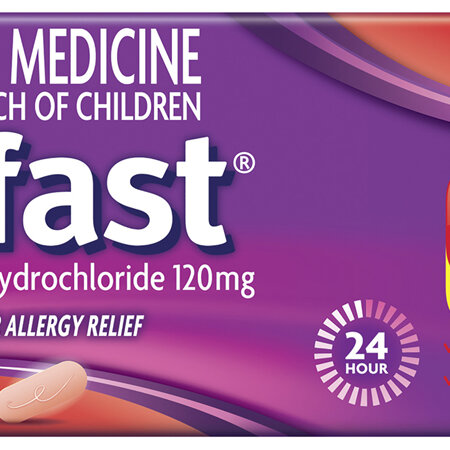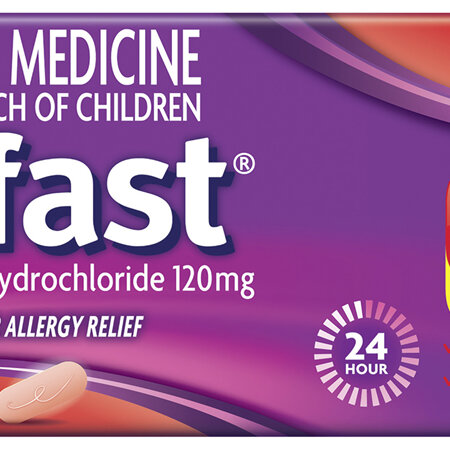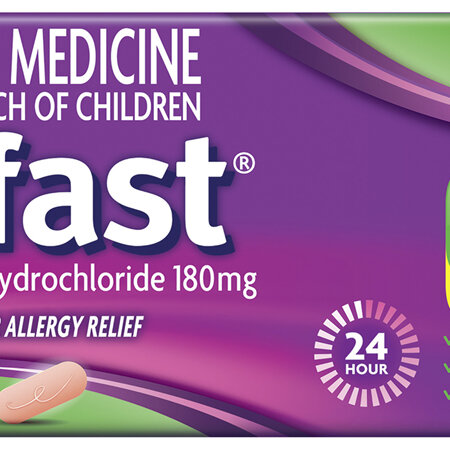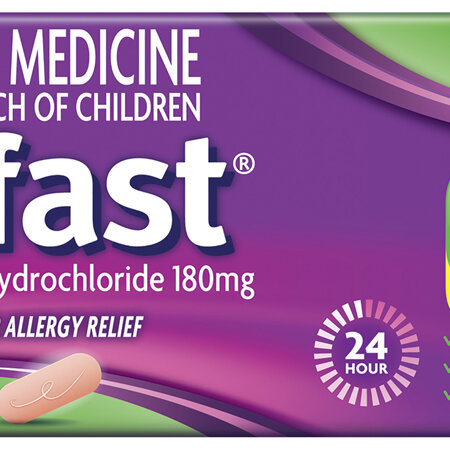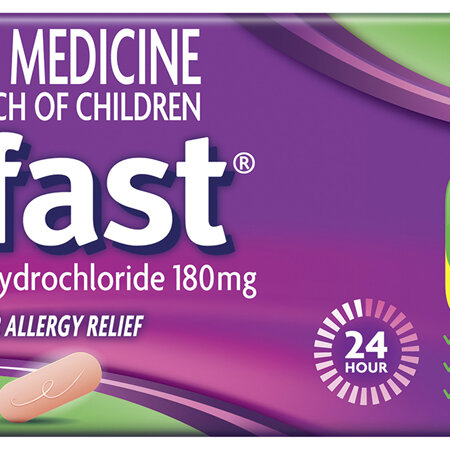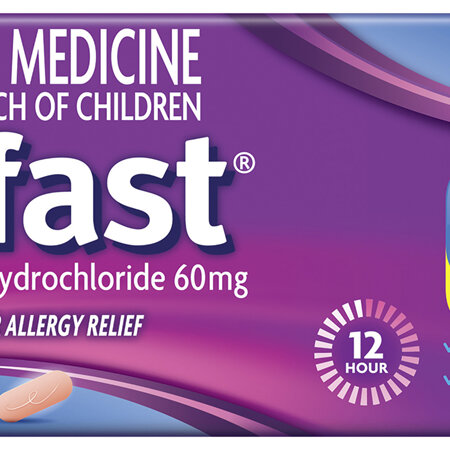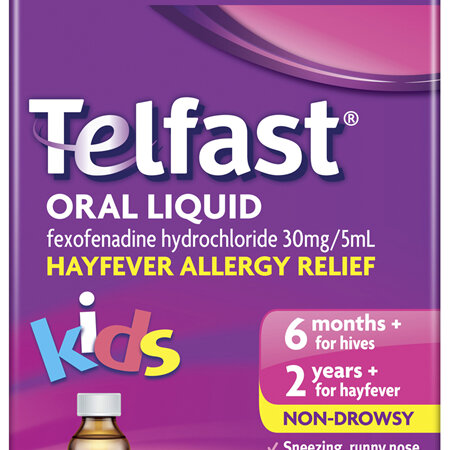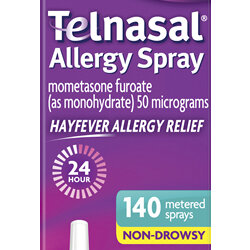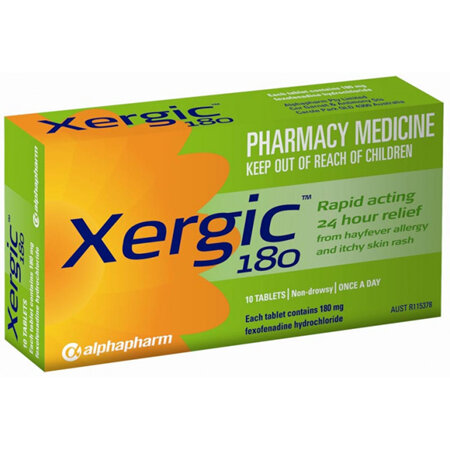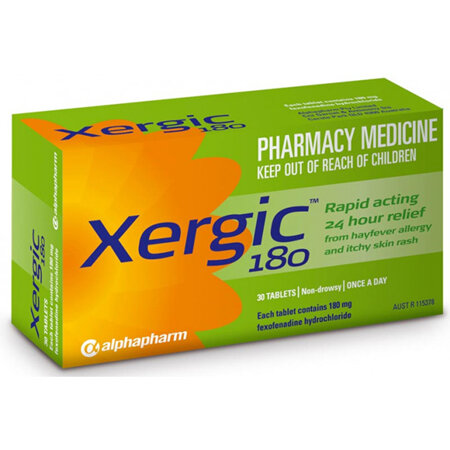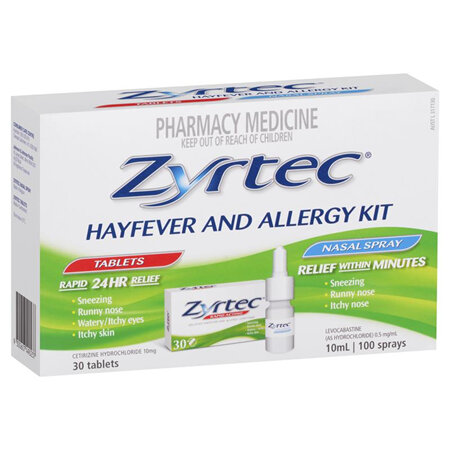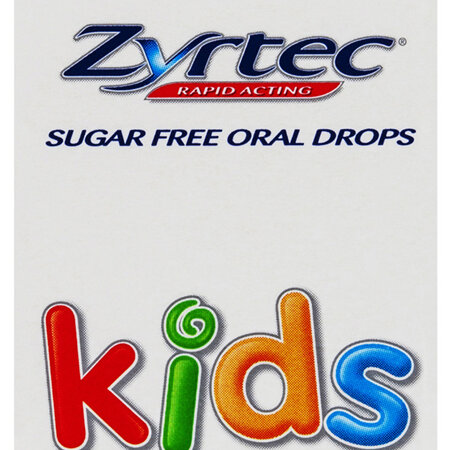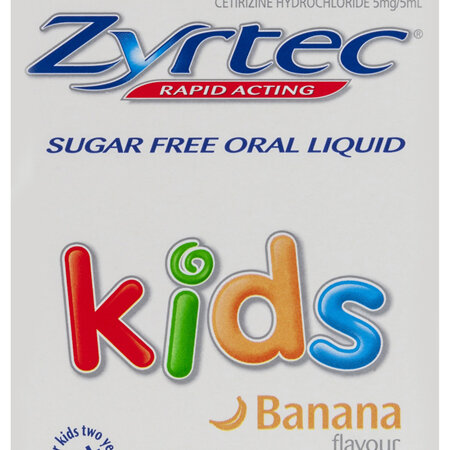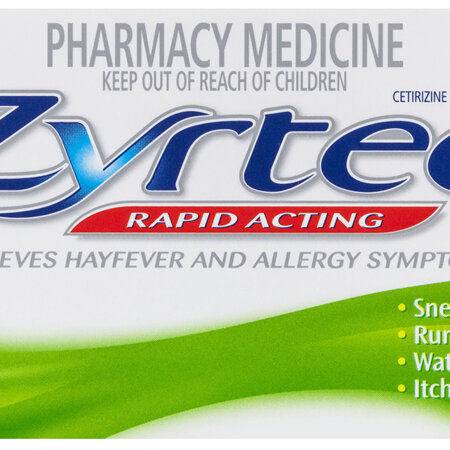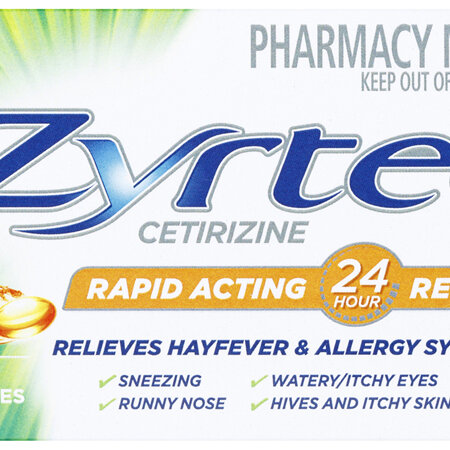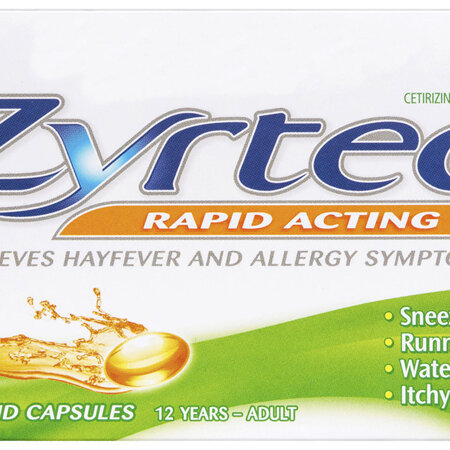The medical name for hayfever is allergic rhinitis – this means an allergy affecting the nose.
This allergy may be either seasonal, such as in spring when there is plenty of pollen or new plant growth which causes the allergy; or perennial which means all year round, when you are allergic to dust, pet hair or other irritant substances. The severity and type of hayfever varies from person to person, but can make you miserable if not treated and the symptoms prevented.
Those people that have allergies causing dermatitis or asthma are generally more likely to suffer from hayfever; but for everyone the answer to relieving hayfever is to minimise the exposure to whatever is causing the symptoms.
Most hayfever sufferers complain of sneezing, itching and burning eyes and throat, and either blocked or running nose. Other symptoms that may occur are aches in the jaw and teeth caused by the pressure of blocked sinuses, popping in the ears, headaches and generally feeling miserable.
When you have an allergy the body releases a substance called histamine, which is why the most common medicines used to treat allergies are called antihistamines. These block the effect of histamine and will prevent any more histamine release, which should prevent the allergy getting worse.
Avoiding the substance that causes the condition is always better than taking medicine to treat the result of the exposure, but unfortunately this is not always possible.
Other treatments for the nasal blockage and congestion of hayfever usually involve a nasal solution that may be either dropped or sprayed into the nostrils. These work by washing out the nostrils or by helping to dry up and prevent further secretions from the sinuses running down the nostrils or down the back of the throat. Decongestant nasal preparations should only be used for up to five days running as they can cause nasal congestion to worsen if used for prolonged periods of time. Seek advice from your community pharmacist as to the correct nasal spray that you can use to relieve and prevent ongoing congestion.
A cough may occur from persistent nasal secretions running down and irritating the back of the throat. This is called post-nasal drip, and may also be helped by antihistamines, as this should not be treated with medicines to stop coughing.
Talk to your community pharmacist about the right medicine to treat hayfever, and seek their advice about preventing as well as treating hayfever whether you suffer from this occasionally or every day.


